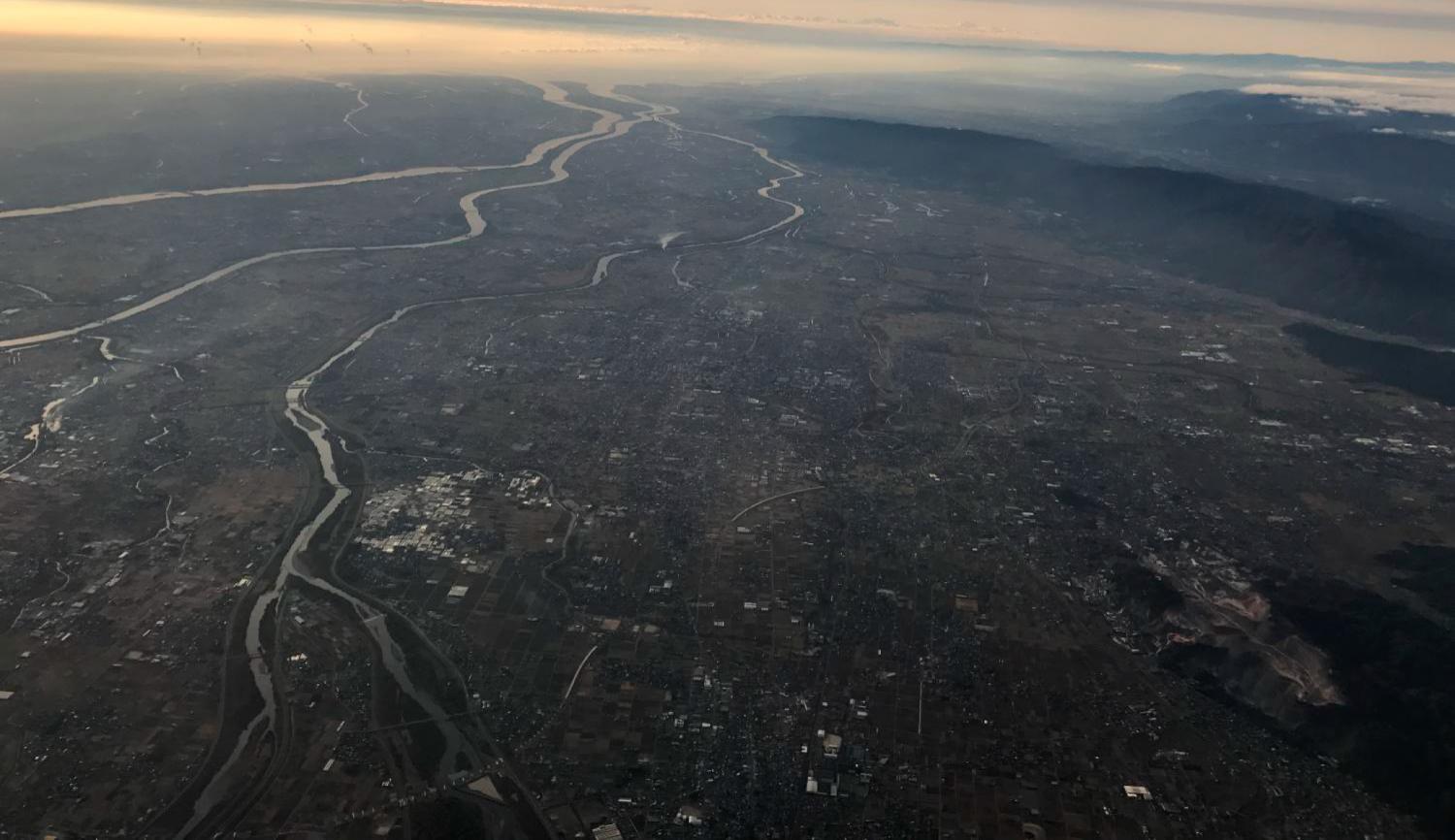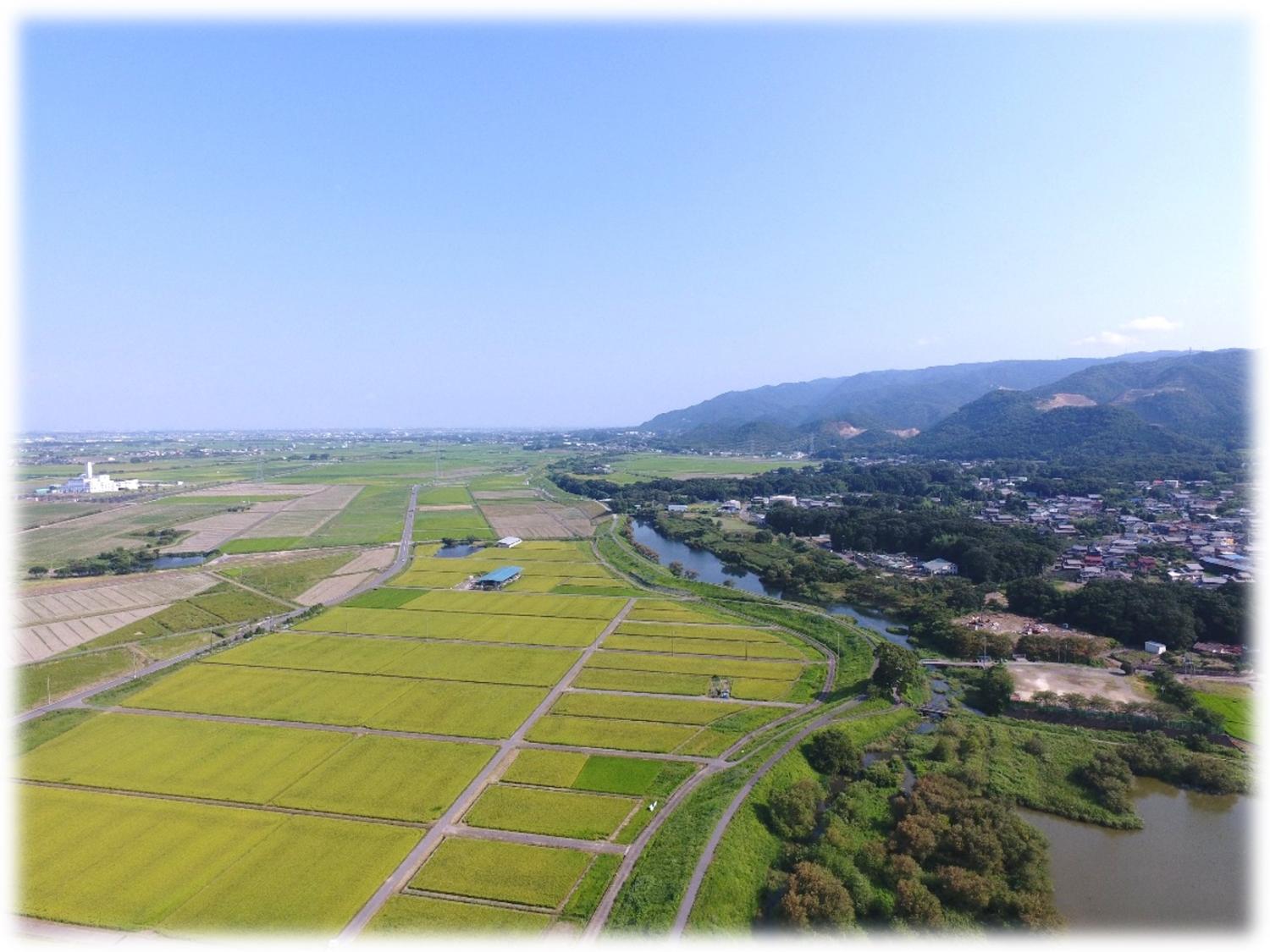
Fisical Year Completed
2024
[FS]Nature- and culture-based solutions for disaster mitigation and ecosystem conservation in floodplain landscapes: co-creative designs of floodplain communities for river basin disaster resilience and sustainabilities with nature positive practices
[FS]Nature- and culture-based solutions for disaster mitigation and ecosystem conservation in floodplain landscapes: co-creative designs of floodplain communities for river basin disaster resilience and sustainabilities with nature positive practices
Abstract
Floodplains, where many cities are located, suffer floods, storm surges and tsunamis. As rivers, coasts and inland areas have been improved for greater convenience and safety in the modern era, the habitats of diverse organisms and their interconnected ecological networks that once existed have been degraded. We focus on the natural and social communities that have been nurtured on such historical flood plains, and codesign new “Floodplain Communities” through water and land use reform for river basin disaster resilience and sustainability, with nature positive practices.
Why do this research?
Floods caused by heavy rainfall, tsunamis triggered by earthquakes, and storm surges from typhoons have significant impacts on the floodplains that we use and where many of us reside. Many of these floodplains were once dominated by untouched wetland landscapes and were floodplains of major rivers. Subsequently, in response to population growth in modern times, reclamation projects and infrastructure development (such as discontinuous embankments called “Kasumi-tei” and ring embankments called “Waju-tei”) were partially carried out, resulting in increased food production and improved biodiversity (see Photo 1).
As modernization progressed, riverbanks and coastlines were developed as national and prefectural projects, and intensive land use in urban areas and large-scale agricultural lands led to the accumulation of assets on dry floodplains. However, the once-rich ecosystems began to deteriorate. While extensive embankments reduce the frequency of flooding, they also weaken the lifestyles, customs, norms (such as water defense community systems), and conflict-cooperation relationships between settlements. These were nurtured by people living in floodplains, who cooperated in surveillance during normal times and assisted each other in recovery and reconstruction during disasters. Currently, as floods and storm surges occur on an unprecedented scale that modern infrastructure cannot withstand, widespread and prolonged flooding can lead to irreparable damage to both human society and ecosystems. This highlights the need for contemporary and sustainable “floodplain communities” through the transformation of water and land use practices rooted in watershed management and natural restoration.
Results
What we want to do
To analyze floodplain communities from both natural and social perspectives, we will investigate the historical land use infrastructure/systems constructed on floodplains where floods and storm surges have historically occurred, as well as the river systems supporting them and multiple settlements depending on them. Subsequently, we will explore and extract landscape and cultural elements related to floodplain communities and describe solutions based on the natural and cultural interactions that have emerged.
At this stage, we conceptually illustrate the relationship between the four sub-themes that constitute this study: land, biology, resources, settlements, livelihoods, and culture, along with their interconnections (see Figure 1).
 Figure 1: Overview of landscape and climate components in Floodplain Communities and the study subthemes organized with them
Figure 1: Overview of landscape and climate components in Floodplain Communities and the study subthemes organized with them
We will assess sedimentary substrates, ecosystem networks, etc., in a “natural science” approach for the evaluation of nature and biology, and investigate modern settlements, customs, livelihoods, etc., in a “social science” approach for the evaluation of history and culture. Additionally, we will analyze scenarios for watershed management/natural restoration based on numerical simulations for the examination of water and land use. Based on these findings, we will consider the nature of floodplain communities through disaster prevention and environmental facilitation based on the analysis of existing water security community.
News
-
{{ data.disp_date }}
{{ data.content }}
Project Leader
TASHIRO Takashi
Research schedule
| 2024 |
|---|
| FS |
